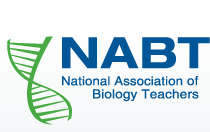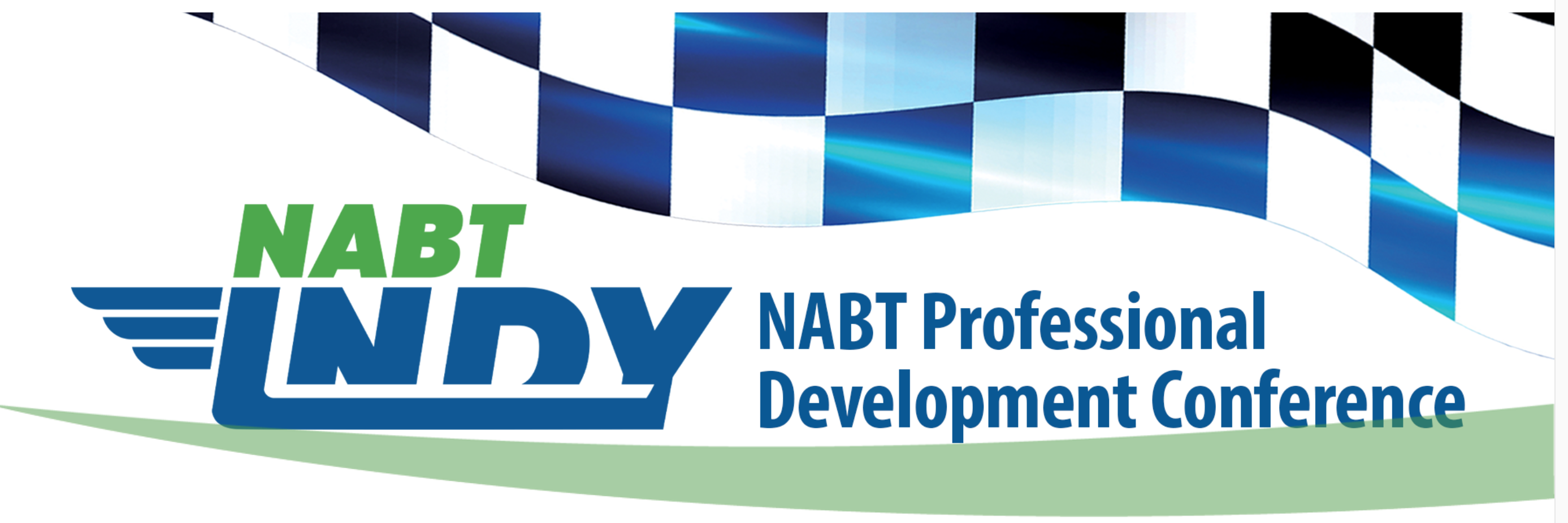NABT 2022 was held in Indianapolis from November 10 - 13
Each of the cards displayed below contain information about, and a link to a presentation, workshop, or poster presented at NABT 2022. If you would like to add your materials to this list use the "NABT2022" tag when you publish your presentation in the QUBES OER Library. If you have questions about publishing please see this documentation or drop by our Office Hours.
Focusing on Civic Engagement: IGELS Tools, Tips, & Strategies to Enhance Undergraduate Biology for Non-majors
Version: 1.0
We can help students find relevance when we teach though issues that we experience in our daily lives. This workshop session provides an introduction to civic engagement and led participants through developing an outline of an issue they would be interested in teaching.
Using Alternative Assessments: IGELS Tools, Tips, & Strategies to Enhance Undergraduate Biology for Non-majors
Version: 1.0
Alternative assessments focus on learning outcomes and engage students with metacognitive reasoning. This workshop session provides an introduction to designing and using rubrics as alternative assessment resources.
Creating Inclusive Classes: IGELS Tools, Tips, & Strategies to Enhance Undergraduate Biology for Non-majors
Version: 1.0
The syllabus is often your first engagement with students in your courses. This workshop session provides an introduction to using a rubric to assess and revise your syllabus to make it more inclusive.
Introduction to IGELS: Tools, Tips, & Strategies to Enhance Undergraduate Biology for Non-majors
Version: 1.0
The national network for the Interactions in General Education Life Science Courses (IGELS) is a coalition of biologists and biology educators collaborating to support and mentor “non-major biology” instructors. This workshop introduction provides an overview of IGELS goals, working groups and future work.
Reasoning and Relevance: IGELS Tools, Tips, & Strategies to Enhance Undergraduate Biology for Non-majors
Version: 1.0
We focus on Reasoning and Relevance as key features of curriculum resources for use in non-majors courses. This workshop section provides an overview of how we characterize reasoning and relevance with some examples.
Overview of the Genomics Education Partnership
Version: 1.0
Poster exhibited at the National Association of Biology Teachers (NABT) 2022 conference providing an overview of the Genomics Education Partnership including its benefits to faculty, students, and institutions.
As we engage in Open STEM Education, “Open for Whom?” becomes an increasingly urgent question. Why should we invest in an education that is free, if it does not attend to the inclusion of historically marginalized identities? Inclusive and socially-just science education should be part of the framework for investing in tomorrow’s science. The RIOS Institute (for Racially-Just, Inclusive, Open, STEM education) is a collaborative virtual organization that provides resources for STEM education and organization leaders to implement social justice, equity, diversity, and inclusion (SJEDI)-centered Open Education and Open Science pedagogy, materials, and resources. We work with, and provide support for, leaders to bring change to their communities by leveraging the Open Ecosystem, including Open Education, Open Pedagogy, and Open Science, rooted in inclusive and socially-just educational practices. RIOS supports Thought Leadership by providing funding and resources to working groups, builds leadership capacity within the community in Learning Community spaces (professional development) and builds Cross-Sector Partnerships connecting organization and people to share resources.

